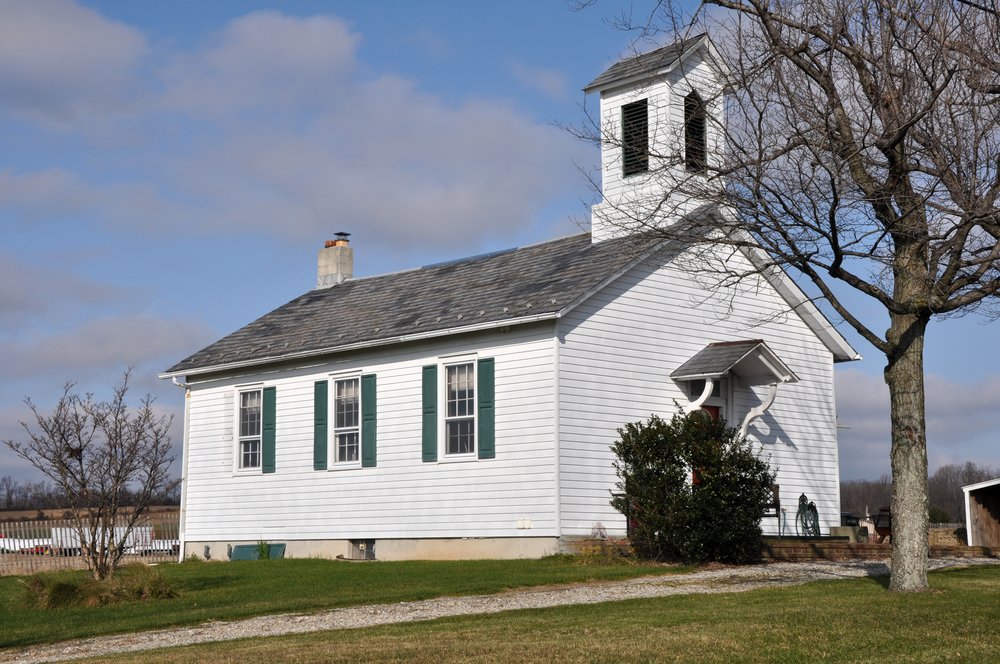Theodore Malloch has written a fascinating article that describes the link between religious and economic freedom from an international perspective. In short, where economic freedom increases, religious freedom also tends to increase. It follows that the inverse is also true. As we navigate through these economically challenged times, I hope that we do not compromise our freedom, either religious or economic. Some highlights are posted below and links to the full article (in .doc format) and a PowerPoint presentation follow. Michael Peabody
Some highlights:
The concept of economic freedom is considerably younger than that of religious freedom. In the last four decades it has grown out of the writings of notable, mostly neo-classical, economists. Its agreed cornerstones are: personal choice rather than collective action; voluntary exchange coordinated by markets rather than allocation via the political process; freedom to enter and compete in markets; and protection of persons and their property from aggression or harm by others. While there is considerable debate on which specific policies best promote economic freedom, there is broad agreement that controls on government size, expenditures, and taxes, coupled with the right to form enterprises, and a legal structure that provides security of property, are key to its flourishing. Other important features are access to sound money, transparent capital markets, freedom to trade internationally, and minimal regulation of credit, labor, and business, especially entrepreneurship.
. . .
The greater the diversity and number of religious practices available in a given country, the greater the competition, which in turn promotes greater interaction between religions and a higher quality “religious product,” more religious participation, and the spread of religious belief systems.
The religion market model used by Barro, Becker, and others stresses the effects of competition as well as of the way government interacts with religion and influences participation in religion, or even the extent of religious beliefs. Since secularization theories have declined, there has also been an attempt to explain the resilience and growth of religion by stressing competition and markets. There is evidence that competition among religious providers leads to a growing market for religion. The greater the diversity and number of religious practices available in a given country, the greater the competition, which in turn promotes greater interaction between religions and a higher quality “religious product,” more religious participation, and the spread of religious belief systems. Government control or monopoly religious systems lead to a low degree of religious pluralism, reduce competition, and lower church attendance. (Emphasis added.)
. . .
Religious liberty and economic freedom draw on and encourage similar traits. New data on economic liberty and religious freedom suggest that religiously free societies encourage entrepreneurs whose new enterprises benefit themselves, their companies, employees, shareholders, consumers, stakeholders and the entire community. In other words, religiously free societies usually display the highest concentration of companies that generate prosperity and broad development. Closed religious systems foul economic development and stunt growth. Closed economic systems are unkind or worse to religious sentiments and practice. Open systems in both areas are necessary to sustain human flourishing. Hence, if we desire more economic freedom and prosperity, then we should have a strategy of promoting religious liberty. If we want economic growth and development, we need to tolerate and permit religious groups and persons to follow their beliefs. Competition for religious activity creates healthy conditions for economic competition and activity.
. . .
The promotion of spiritual capital requires that a robust variety of religious, and secular, ideas and practices be permitted in society. It requires the give and take of discourse and practice between and across different religious groups, including the “non-religious.” Linking religious liberty and economic freedom to form enterprises of lasting value is a cause for humane people, robust economies, and enlightened nations today.
Theodore Roosevelt Malloch is chairman and CEO of the Roosevelt Group and the founder of the Spiritual Enterprise Institute. He headed consulting at Wharton-Chase Econometrics and has worked in capital markets at Salomon Brothers. He has held positions at the United Nations and has served in senior policy positions at the U.S. Senate Committee on Foreign Relations and in the U.S. Department of State.


In respect to the United States, the Founding Fathers encouraged and promoted Christianity, the first one-hundred twenty-five years a great success. As Washington said, “Religion and morality are indispensable supports to government.”
In respect to the United States, the Founding Fathers encouraged and promoted Christianity, the first one-hundred twenty-five years a great success. As Washington said, “Religion and morality are indispensable supports to government.”
The greater the diversity and number of religious practices available in a given country, the greater the competition, which in turn promotes greater interaction between religions and a higher quality ?religious product,? more religious participation, and the spread of religious belief systems.>
This plurality of religions the founding fathers were against, not only regarding the first amendment, but in salvation:
“The real object of the [First A]mendment was not to countenance, much less to advance, Mahometanism, or Judaism, or infidelity, by prostrating Christianity; but to exclude all rivalry among Christian sects.”
-Joseph Story, Founder of Harvard Law School, Supreme Court Justice Appointed by James Madison, Father of American Jurisprudence
The greater the diversity and number of religious practices available in a given country, the greater the competition, which in turn promotes greater interaction between religions and a higher quality ?religious product,? more religious participation, and the spread of religious belief systems.>
This plurality of religions the founding fathers were against, not only regarding the first amendment, but in salvation:
“The real object of the [First A]mendment was not to countenance, much less to advance, Mahometanism, or Judaism, or infidelity, by prostrating Christianity; but to exclude all rivalry among Christian sects.”
-Joseph Story, Founder of Harvard Law School, Supreme Court Justice Appointed by James Madison, Father of American Jurisprudence